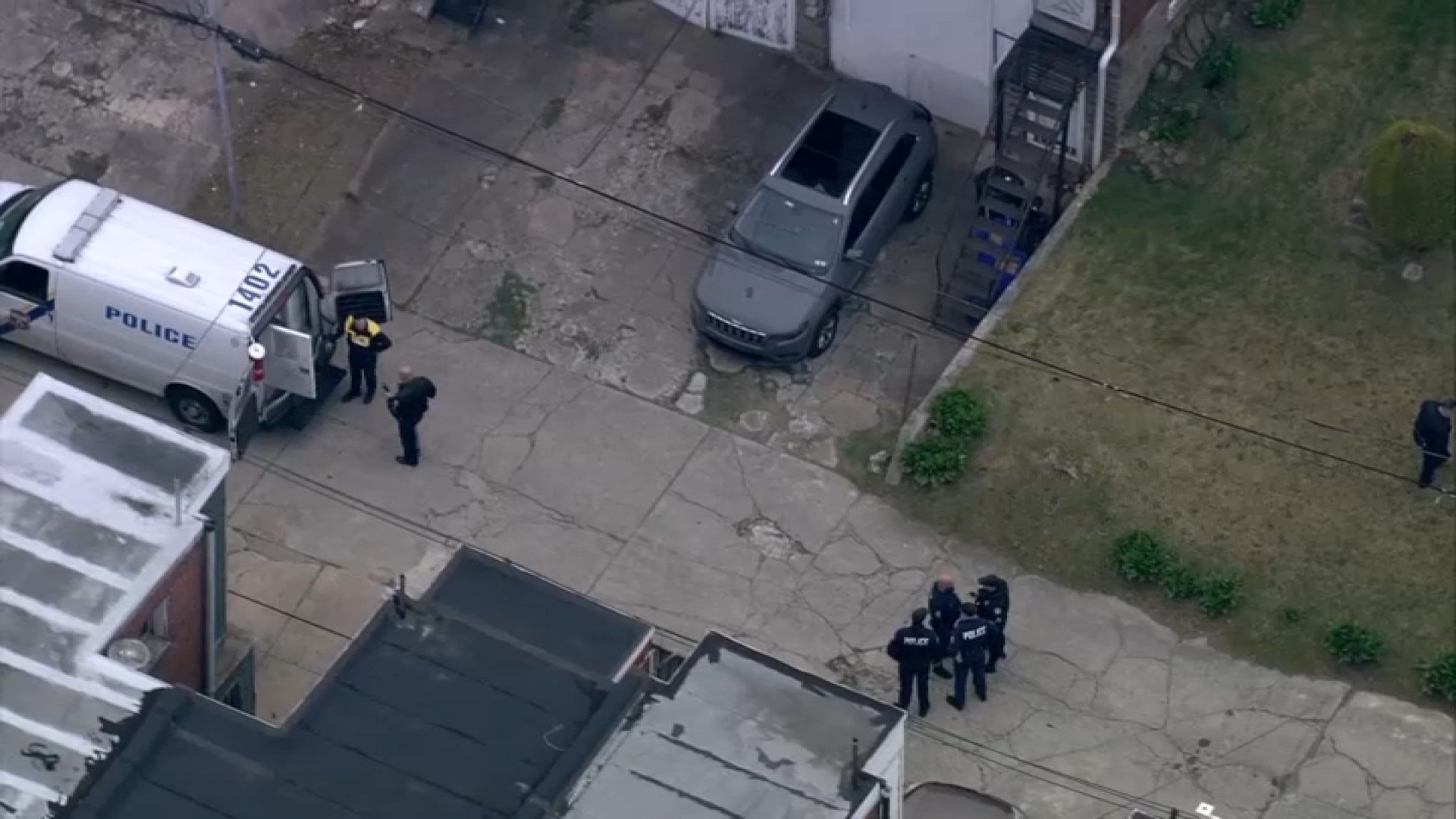NBC10 is one of dozens of news organizations producing BROKE in Philly, a collaborative reporting project on solutions to poverty and the city’s push toward economic justice. Follow us at @BrokeInPhilly.
Lee la historia en español aquí.
Gov. Tom Wolf's proposal to return some of the state’s $2 billion revenue surplus to taxpayers in the form of checks of up to $2,000 per household is still being considered by some state senators.
Though the plan was announced back in February, this Friday, a top Republican in the Senate, Allentown Sen. Pat Browne, who is also chairman of the Appropriations Committe, showed interes it dicussing the proposal.
Get Philly local news, weather forecasts, sports and entertainment stories to your inbox. Sign up for NBC Philadelphia newsletters.
According to the Morning Call, Browne said Friday there is financial room to discuss the proposal, though he cautioned that the Senate "may not be able to accommodate all the things he is proposing".
Wolf's proposal includes devoting $500 million of the $1.7 billion surplus funds to direct payments of up to $2,000 per households earning $80,000 a year or less.
“We need to do something right now to address the needs of Pennsylvanians,” Wolf said at a news conference in the Capitol flanked by Democratic lawmakers.
Local
Breaking news and the stories that matter to your neighborhood.
Wolf pointed out that the state still has $2.2 billion in federal money from the American Rescue Plan, signed by President Joe Biden last March. But, he said, the money is just “sitting around” and not helping people recover from the pandemic when it could do some good.
Republican lawmakers, however, have maintained that keeping the money in reserve is necessary to help balance the state's budget through the next two and-a-half years.
House Republican leaders issued a statement that said Democratic spending proposals “were developed in a fiscal fantasy land where concern for future fiscal years apparently doesn’t exist.”
Wolf criticized the Republican stance as doing nothing to help people, saying “right now, nothing is the only plan I’ve seen from the other side.”
“We need to get this money out the door so that people who are hurting right now get the relief right now they need,” Wolf said.
Wolf and the Democrats also want to provide $225 million in small business grants of between $5,000 and $50,000. The money would help pay for operating expenses, technical help, training and advice on how to stabilize and expand. An estimated 11,000 businesses would qualify, and firms owned by women and minorities, as well as rural companies, would get priority.
The property tax relief would provide nearly a half-million lower-income homeowners and renters with an average of almost $500, a one-time addition to the existing property tax rent rebate program.
The state's health care sector would get $325 million, much of it to help recruit and retain employees of long-term care facilities.
Wolf's plan also would spend $40 million to expand county-based mental health programs and send $35 million to student loan forgiveness programs for health care workers through the Pennsylvania Higher Education Assistance Agency.
The Growing Greener program, agricultural conservation and other efforts toward conservation, recreation, preservation and community revitalization would get a $450 million boost.
“Climate change is already hurting Pennsylvania communities, and we cannot afford to delay our work to lessen that damage,” Wolf said.
Wolf’s proposal for spending state tax dollars will be laid out in the governor’s budget speech Tuesday.
Last week, Wolf signed fast-tracked legislation to spend $225 million in federal pandemic relief, mostly for hospitals to give workers retention and recruitment payments.



